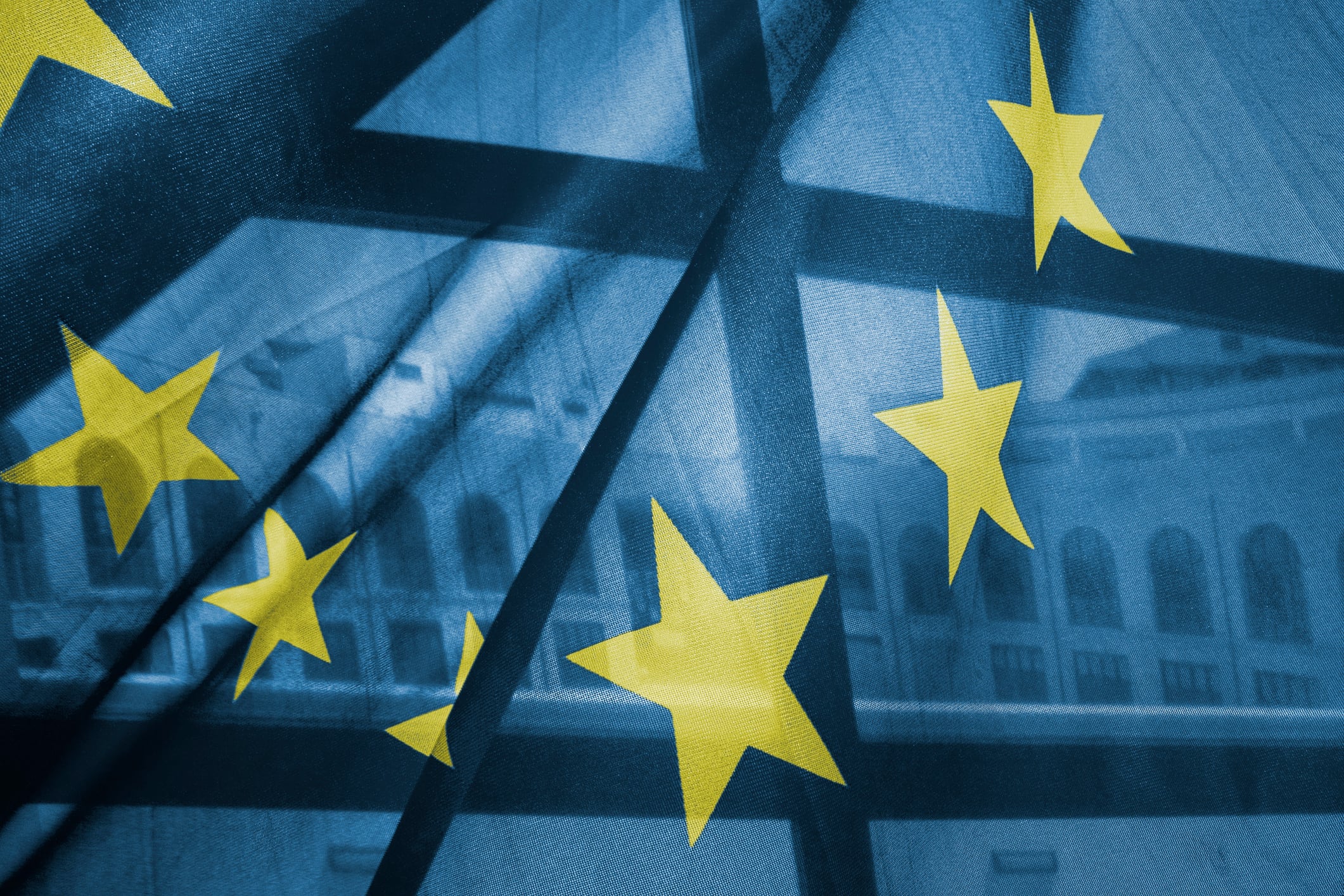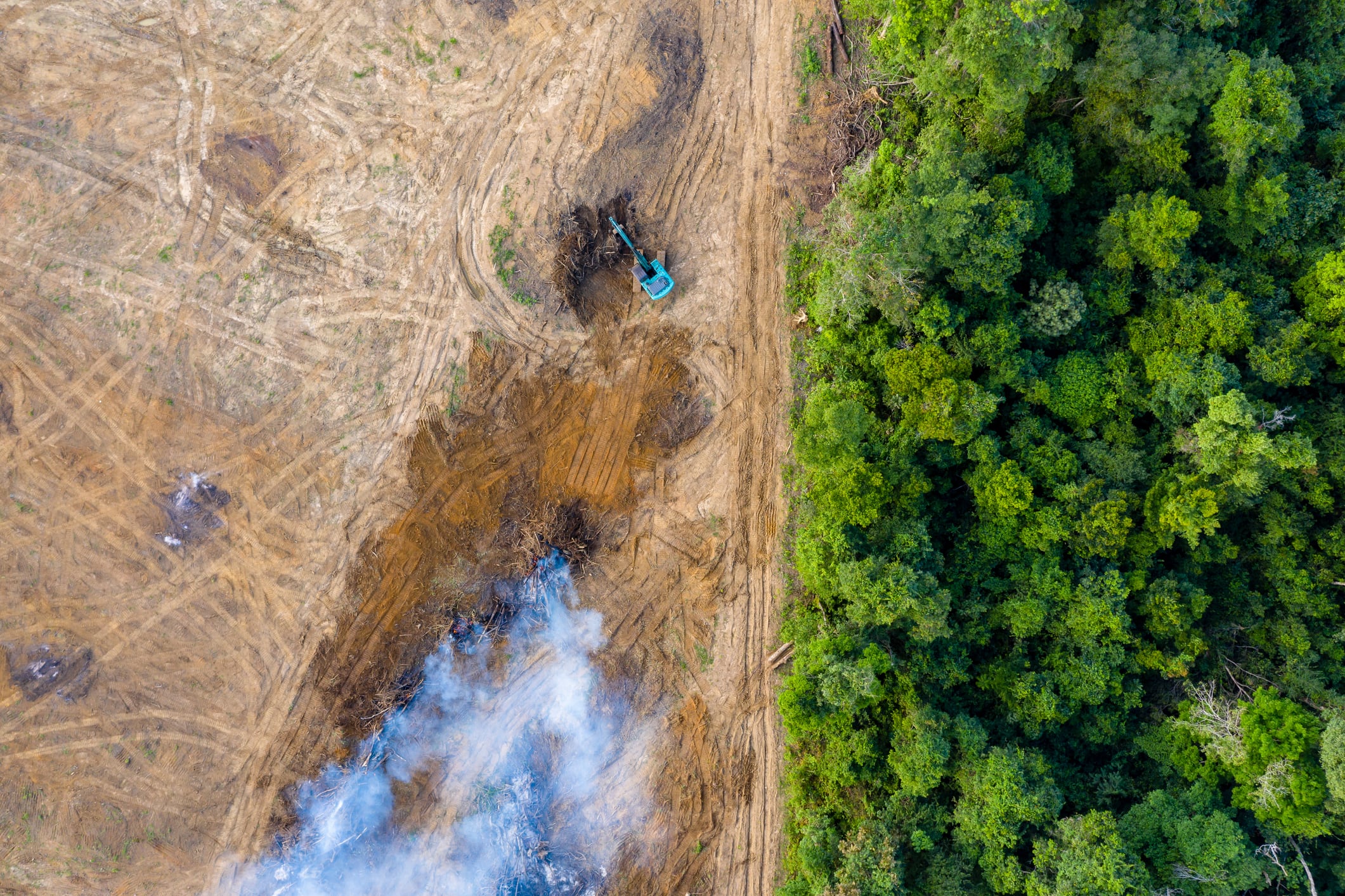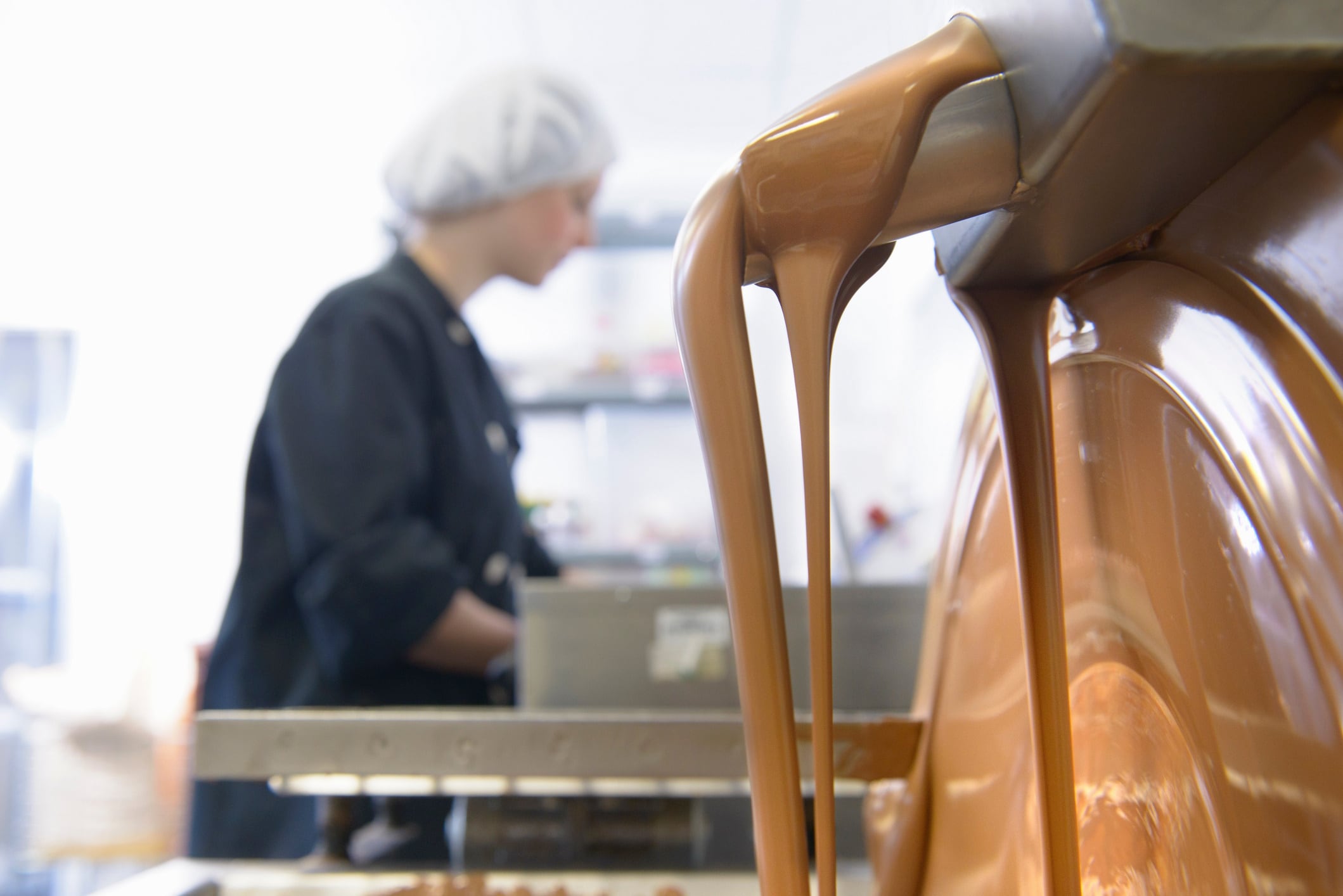Key takeaways:
- Brussels has delayed the EU’s deforestation law again, blaming IT problems while critics see politics at play.
- Snack and chocolate giants are split – some pushing for more time, others demanding certainty – leaving compliant firms at a disadvantage.
- Every delay weakens credibility and risks more forest loss, making it vital for brands to act now rather than wait for Brussels to catch up.
The EU has reached for the lamest excuse in the book: the ‘dog ate my homework’ defense. That’s how WWF, the global conservation NGO, described Brussels’ latest backpedal on one of its flagship climate laws.
After more than two years of prep, the Commission has admitted it can’t get the tech ready for the EU Deforestation Regulation (EUDR) and is asking for another 12-month delay, punting implementation to December 2026.
That’s not just a technical hiccup. It’s a blow to the EU’s credibility and to the Green Deal it has built its climate reputation on. It’s a costly curveball for companies that have already invested millions in compliance. And it’s a blow to forests that don’t exactly get to wait while Brussels reboots its servers.
The WWF didn’t mince words. “This is unacceptable and a massive embarrassment for President Von der Leyen and her Commission,” said forest policy manager Anke Schulmeister-Oldenhove. “If this technical issue is real, this shows not only incompetence, but also a clear lack of political will to invest sufficiently in a timely implementation of the EUDR.” In plainer English: don’t blame the IT department when the politics are the real problem.
And let’s not pretend the stakes are small. The EUDR was designed to keep cocoa, coffee, soy, palm oil, beef, rubber and wood linked to post-2020 deforestation out of the EU market. The longer it’s delayed, the longer chocolate, biscuits and snacks can be accused of fueling forest loss. WWF calculates that since the last postponement, more than 23 million trees have been lost – including seven million just for chocolate consumption.
Same mess, new excuse

This isn’t the first time Brussels has blinked. In 2024, the EUDR’s launch was already pushed back a year, supposedly to give operators ‘certainty’. Fast forward and the only certainty is more delay.
The official explanation: the IT system can’t handle the load. Environment Commissioner Jessika Roswall’s letter to colleagues admitted the platform for due-diligence declarations isn’t robust enough to process the tidal wave of data. Cocoa beans, soy shipments, palm oil parcels – the system simply can’t cope.
But this was predictable. Perfect traceability – every farm, every GPS coordinate, every shipment linked back to origin – looks great on paper, but it was always going to be clunky without massive investment and phased pilots. Brussels went for a moonshot and is now blaming the rocket. Meanwhile, forests fall and chocolate lovers get another reminder their guilty pleasure carries an ecological price tag.
Politics dressed up as a software crash

Scratch the surface and the ‘IT issue’ looks suspiciously like political cover. Europe’s powerful farm lobby COPA-COGECA has been pushing hard for another delay. Add in carmakers worried about leather supply chains and governments grumbling about red tape, and suddenly the servers take the blame.
Conservative politicians are cheering. German agriculture minister Alois Rainer argued there’s “no deforestation in our country” and said the EUDR burdens German industry. And the European People’s Party (EPP) – the Parliament’s dominant center-right bloc – has been pushing for softer rules all along. EPP heavyweights Peter Liese and Markus Ferber welcomed the pause and repeated their call for a ‘zero-risk’ category that would effectively exempt European operators from strict checks.
Critics see a climb-down. French MEP Pascal Canfin warned: “At a time when our sovereignty … is under attack, particularly from Donald Trump, we must be beyond reproach. Unfortunately, this is not the case when it comes to deforestation and this is the fault of the Commission.”
The longer the delay, the stronger the case for watering down the law. And that’s exactly what NGOs fear.
Business whiplash

The companies that actually did their homework are the ones being punished. A UK paper merchant described months of work and hefty costs. Sappi Europe CEO Marco Eikelenboom pleaded for ‘regulatory clarity’. And Sam Lawson, director of Earthsight, the UK-based NGO investigating environmental crime and corruption, put it bluntly: “This proposal to delay the EUDR rewards those who have sat on their hands, while punishing the thousands of large and small businesses [that] have invested time and money in preparing for the law.”
That’s a warning shot for anyone sourcing cocoa, palm or soy. Buyers that already poured money into traceability pilots now watch their competitors sit tight and save cash. Biscuit makers who built compliance systems risk being undercut by laggards. It’s not just bad policy – it’s bad business.
The pushback isn’t just from politicians. Some of the biggest names in chocolate and snacks have weighed in, too. Mondelez International has openly called for another year’s delay, arguing the regulation must be ‘workable in practice’. Its European affairs chief, Massimiliano Di Domenico, pointed to sky-high cocoa prices and patchy digital infrastructure in producing countries as reasons why compliance is nearly impossible on the current timetable.
But that position has drawn fire. Civil society groups accused Mondelez of talking out of both sides of its mouth – championing deforestation-free cocoa on one hand, while lobbying to slow the law on the other. Nestlé, Mars and Ferrero, meanwhile, have backed the regulation’s intent and earlier resisted efforts to water it down, stressing the need for certainty rather than delay. The split among chocolate’s biggest players shows just how polarizing this law has become: no one disputes the goal, but timing and teeth are another story.
Mixed signals abroad

The confusion doesn’t stop in Europe. When the EU ‘acknowledged’ Malaysia’s MSPO (Malaysian Sustainable Palm Oil) certification scheme as credible and traceable, Malaysian media jumped on the statement and reported it as official recognition under the EUDR. But the regulation doesn’t allow certification to replace operator due diligence – it can only complement it.
It’s little wonder Malaysia’s plantations minister Johari spun it as recognition. But back in Brussels, EU spokespeople insisted there are ‘no carveouts’. The result is market noise that leaves operators guessing and governments feeling misled.
Indonesia’s palm oil lobby, GAPKI (the Indonesian Palm Oil Association), welcomed the delay but warned that smallholders risk exclusion. GAPKI has long pushed for recognition of ISPO, the country’s mandatory sustainability certification system. “The potential exclusion of smallholder farmers across Indonesia from European markets … poses a significant risk to their livelihoods, as well as to the achievement of the objectives of the regulation,” said GAPKI chair Eddy Martono. Brazil’s National Coffee Council echoed the call for permanent dialogue.
That muddled messaging matters. If your cocoa supplier in West Africa or soy trader in Brazil thinks certification alone is enough, you may find out the hard way when enforcement finally begins.
What brands must do

So, where does this leave us? With forests still falling, businesses stranded and the Commission looking hapless. The only way to salvage credibility is to double down, not backpedal.
Nicole Rycroft, founder and CEO of Canopy, a Canadian non-profit that works with brands to protect forests and shift supply chains, is urging companies not to waste the year. “Companies must use this delay as a springboard, not a snooze button,” she said. That means investing in resilient supply chains and testing lower-impact alternatives now.
Cocoa, soy and palm remain the Achilles’ heel of bakery and snacks. This delay isn’t a holiday; it’s a one-year sprint to audit suppliers, plug data gaps and trial lower-risk inputs before regulators – or consumers – catch you out. The firms that invest now will build resilience and trust. Those that sit back will be exposed the moment enforcement lands.
Because forests don’t pause for IT upgrades. NGOs won’t pause their campaigns. Retailers won’t pause their scorecards. Brussels may stall, but the pressure on chocolate, biscuits and snacks isn’t going anywhere.


